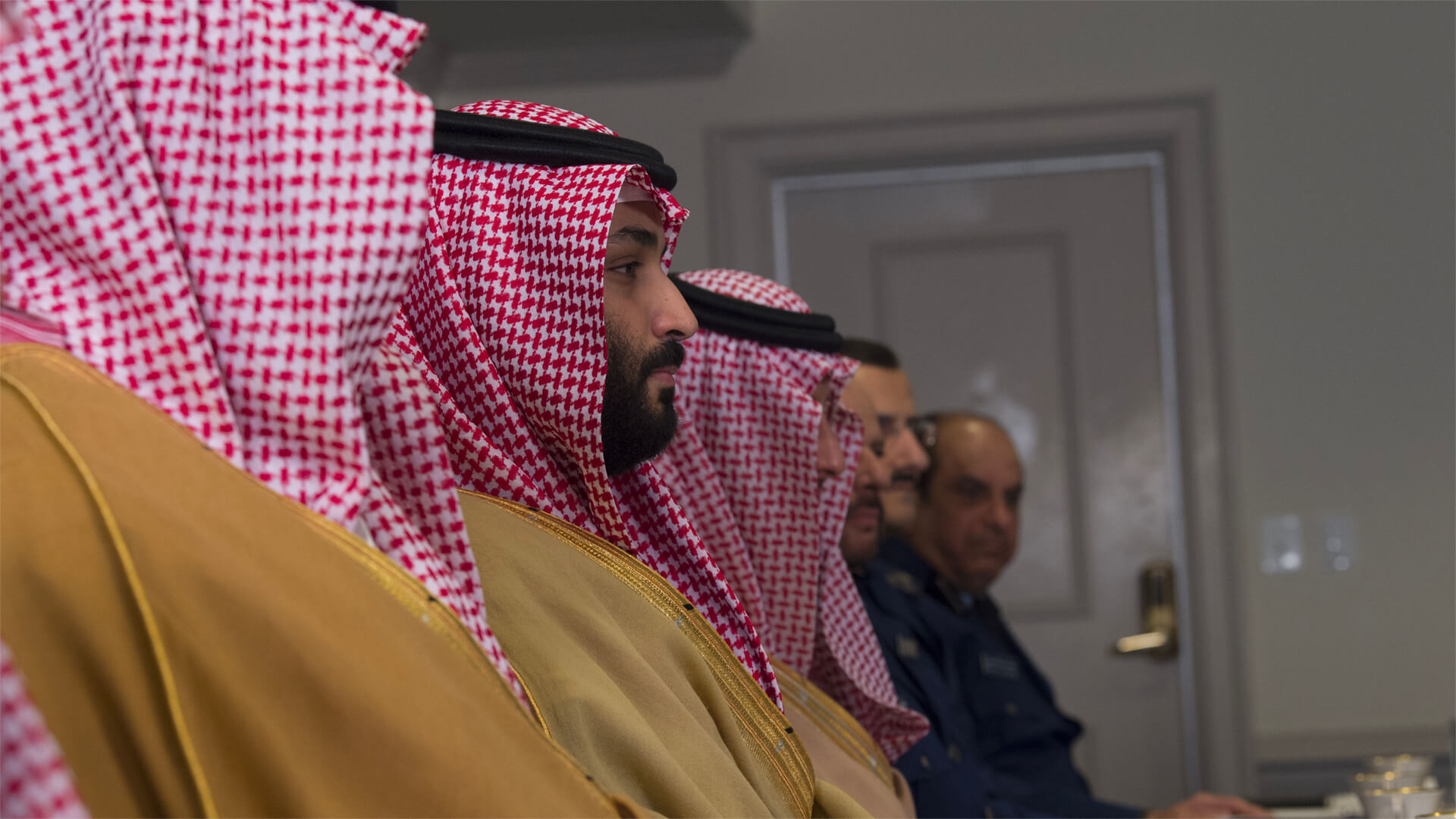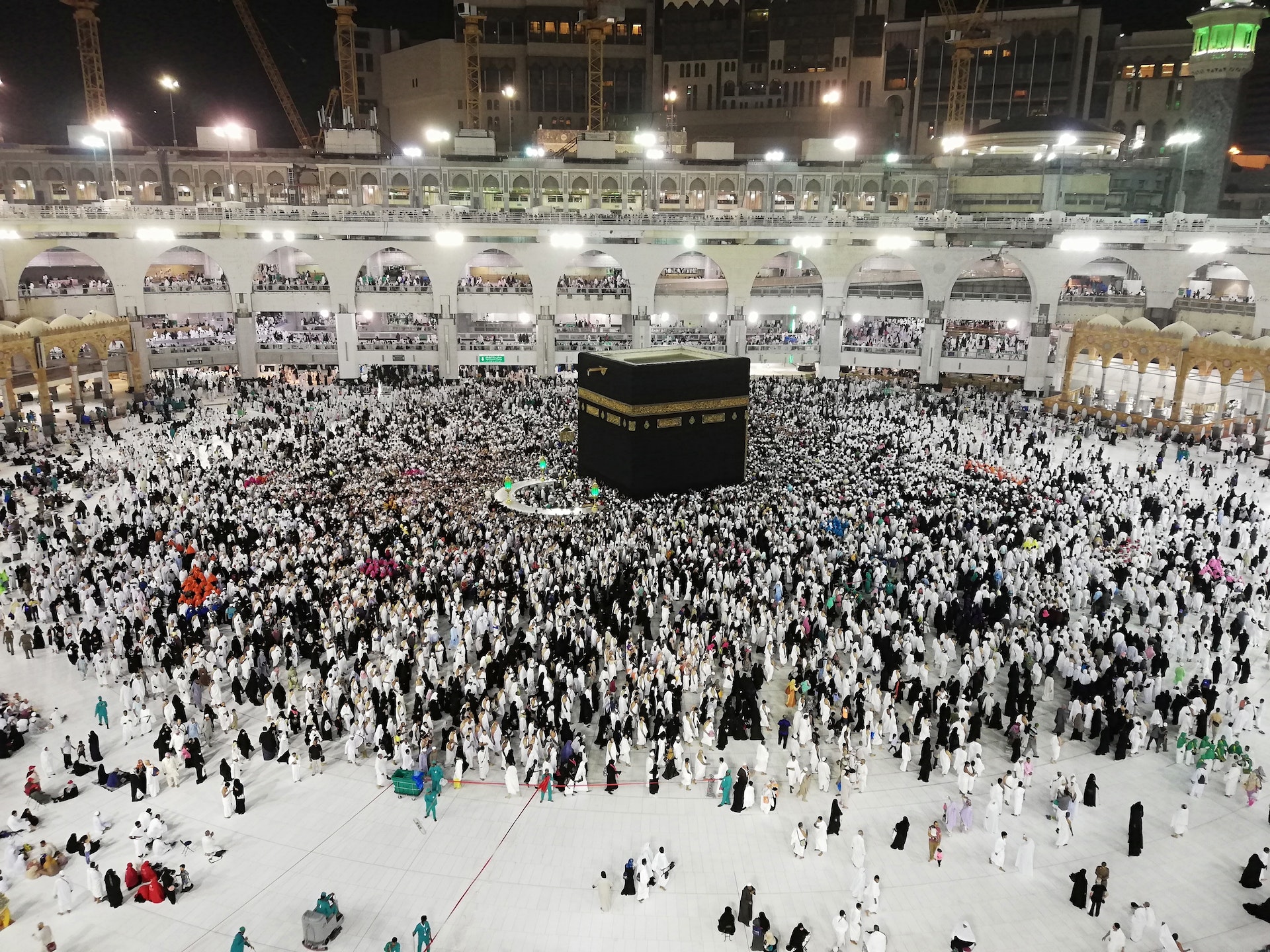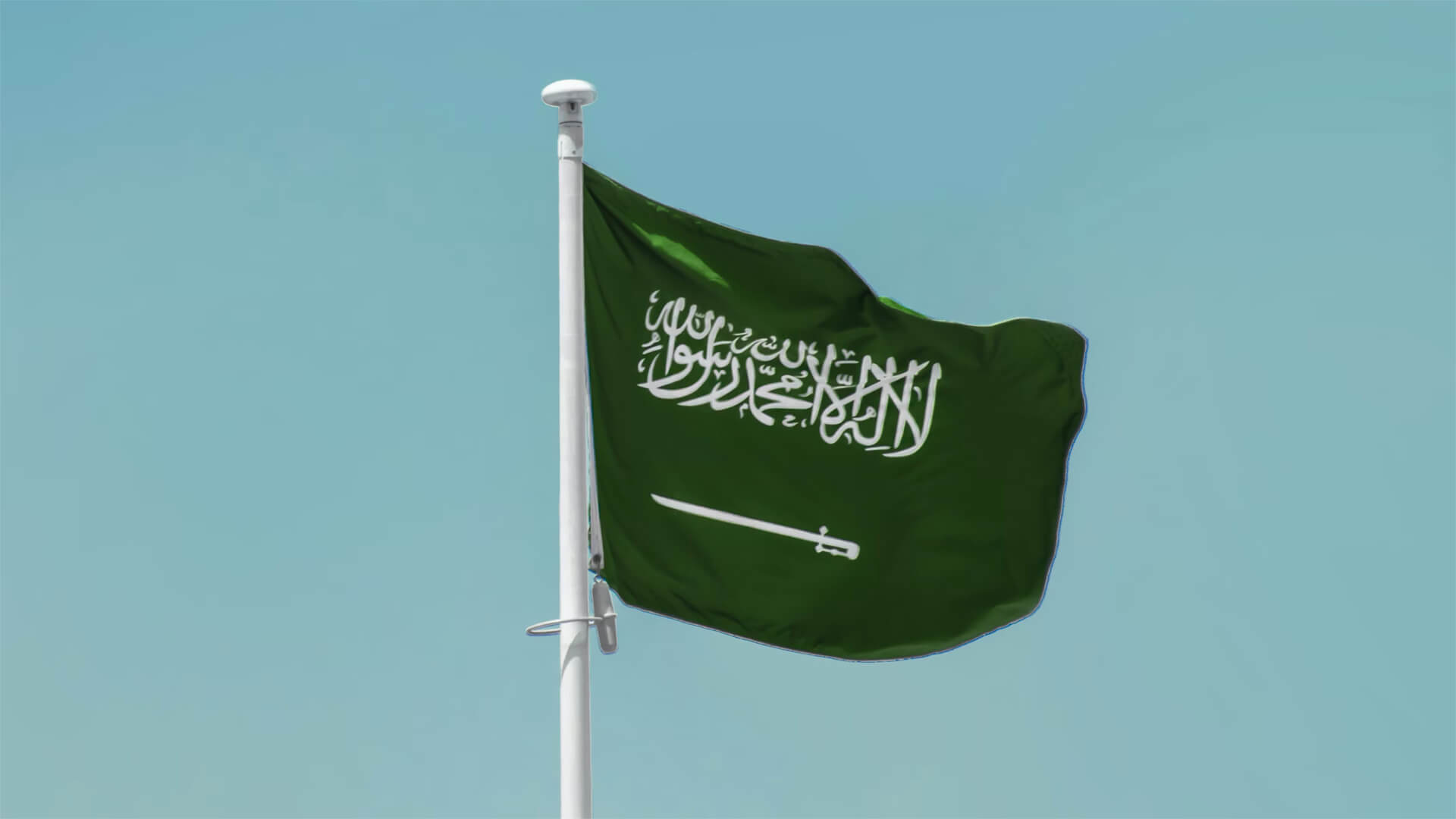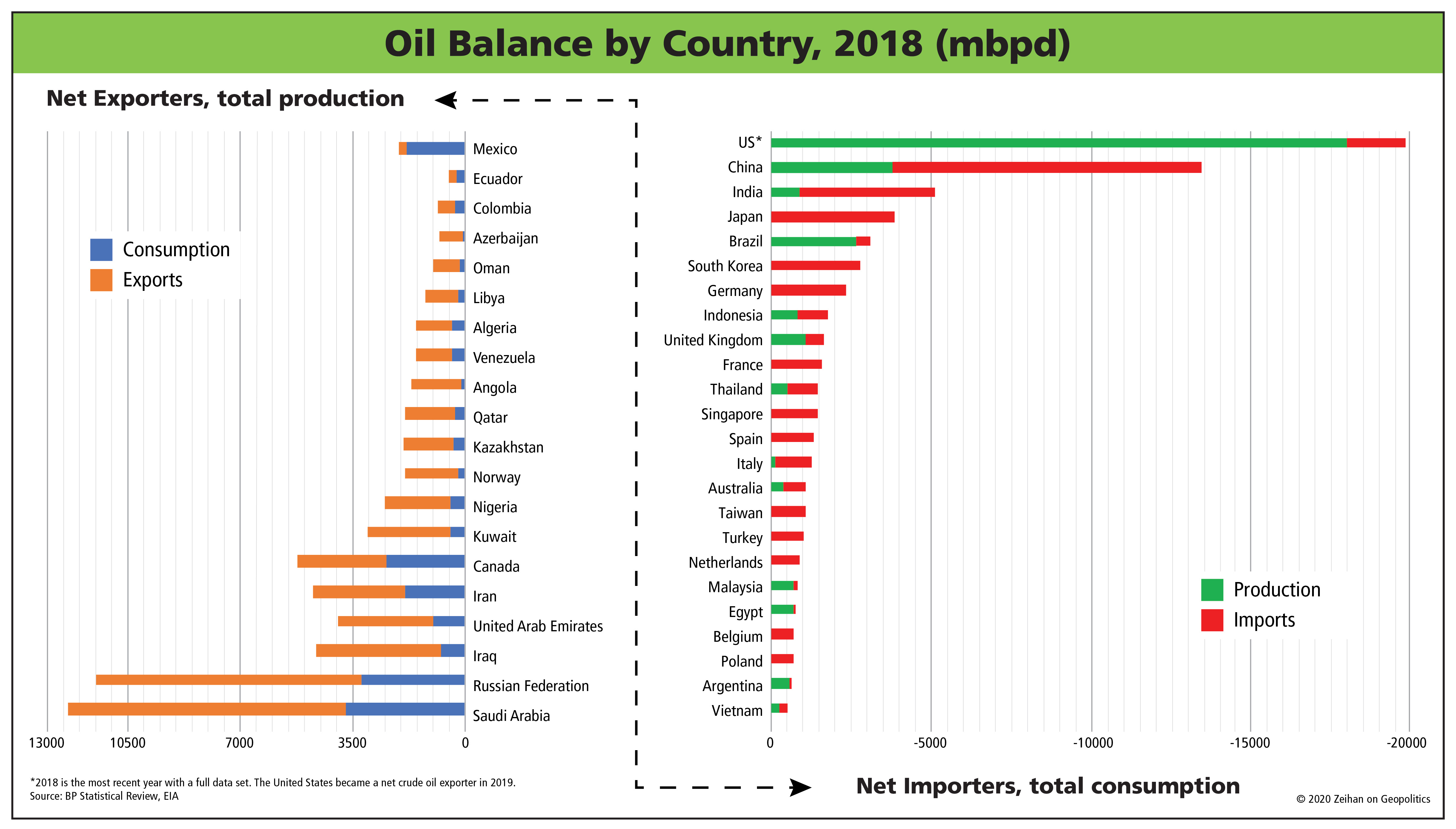Oil has been the secret sauce for the Middle East for ages, but that’s beginning to change.
The Chinese are now the top importer and consumer of oil, driven by all that energy-intensive industrialization. US oil consumption is dropping, although exports of refined products have masked this a bit. The US shale boom has also made American energy independent and competitive, which isn’t great for Saudi manipulation and control of oil markets.
Which means Saudi Arabia is losing some of its influence; the US doesn’t need the crude, Saudi Arabia’s costs are rising, and more competitors continue to pump oil regardless of market signals. But the Saudis aren’t completely out of options…they could always just use a little terrorism to destabilize their rivals.
Transcript
Hey, all, Peter Zeihan here coming to you from Zion National Park. This is Zion Canyon. That is the infamous Angel’s Landing, which I will not be doing a video from. But we continue our coverage in the Middle East today talking about what makes the whole region matter. And of course, that is oil. We’ve got a lot of crosscurrents going on, and international oil markets right now.
We’ll start with demand. Then we’ll go to supply. Demand is weird. The United States has largely completed its transition to a services economy. And so we’re becoming more and more efficient for every dollar of GDP that we make. And so in terms of actual oil demand, we’ve actually seen demand drop in the United States. I’d argue for the last 15 years.
Now, you’re not going to see that in the data, because the United States has massively increased its production and export of refined products. So technically, we’re still absorbing crude turned into things like jet film gasoline and then sending it out for a profit. But in terms of our normal consumption, it’s actually gone down by quite a bit.
The second big factor, of course, is China, which is pricing sensitive and factor insensitive. They basically expand their money supply in order to give everybody a job. Most of those jobs end up being in the industrial space, which is relatively energy intensive. And so they need every drop of the stuff they can get from everywhere. So China has overtaken the United States as the world’s largest oil importer by far.
And if you look at the numbers the way I do, they’re clearly the world’s largest oil consumer as well. But unlike, the Chinese, the United States has an ace in the hole, and that’s the shale revolution. So now we talk about supply. The United States has gone from producing less than 5 million barrels a day as recently as 20 years ago to, now, something closer to 15 million barrels a day.
Most of that increase has been in the shale fields, where it’s relatively light, relatively sweet, fairly easy to refine, but not necessarily geared towards the American preferences when it comes to refinery infrastructure. So we end up exporting a lot of that stuff as well, and then bringing in some heavier, more sour stuff from Canada in particular. From the Saudi point of view.
All of the math is out of whack. The Saudis are completely incapable of defending themselves in a real war. And their plan has always been to lean on the United States for security support. And they do that by making sure that the United States always has as much oil as it possibly wants. But now the U.S. really doesn’t care on a systemic basis about oil markets at all, because everything that we need to either get at home or within our continent, or worst case scenario, within our hemisphere, and the Saudis are kind of left dragging, they would love to have a new security guarantor, but it’s not clear who that
could be. The Chinese don’t have the reach or the longevity. The French and the Brits don’t have the punch. And the Turks may be closer, but they are on the wrong side of Mesopotamia to make it work. It leaves Saudis in quite a lurch. And the Saudis, from an economic point of view, are struggling with new problems.
It used to be 20 years ago that OPEC could dominate oil markets by increasing or decreasing. The Saudis always had problems getting countries to follow their quotas. But because Saudi Arabia and their relatively close ally, the United Arab Emirates, always basically agreed on oil policy. You had this huge chunk of spare capacity that could be turned on or off relatively quickly.
They’re facing two challenges to that now. First, the spare capacity is largely gone. Everyone’s been pumping full out for quite some time. And then second, with shale, you can bring on a new shale. Well, in a matter of weeks, as opposed to having pre invested billions of dollars into spare capacity in Saudi Arabia, which still takes months to turn on.
So any time that the Saudis would try to flood the market. The shale folks just proved to be a little bit more competitive than the Saudis would have liked. And whenever the Saudis tried to push up prices by gutting the market, the shale folks would just take the market share. And that happened over and over and over and over and over again.
Second problem the Saudis are facing are is the former Soviet Union, because while Saudi from time to time can bully some of the other producers, into changing their oil policy to meet with the Saudis, one and two, they’ve never been able to do that with the Russians. A lot of the Russian production is in Siberia. It’s very high cost to get out of the ground.
The Russians have no intention of ever turning it off. A big problem these days is Kazakhstan, where a couple major projects called Tengiz and Kasha gone have really come into their own and made Saudi Arabia more important to oil markets than Kuwait. And they’re never turning that stuff off either. And then Azerbaijan has finally hit its stride with its offshore production.
So you got three significant players that are just dumping more and more crude on the market. And there’s really not a lot that Saudi can do, which means it’s time for a different sort of strategy. Some people in Saudi thought they could build a giant linear city that everyone would come invest in. Well, that was a stupid idea.
And so now the Saudis are probably going to rediscover some of their militant roots that they put down in the 1980s with al-Qaida. We have a lot of moving parts in the Middle East. Syria’s one. Iran is one. But what the Saudis really need is for some major oil producers to go off line. And the only tool the Saudis have that is even remotely reliable outside of Europe, opening the spigots is terror attacks.
This is something the Saudis are very good at. Their own population is basically former horse raiders that decided to settle down and substitute mass rapes and killings for, domestic violence. And now they’re in a position where the only way in the midterm that they can drive oil prices up is to drive someone else out of the market.
They haven’t decided what the target is yet. But we should expect significant policy change out of Saudi Arabia over the course of the next year, especially now that it’s become apparent to the Saudis that the American relationship really is over.
When Donald Trump came to Riyadh, recently, he didn’t ask for crude. First time, an American president hasn’t had some conversation with the Saudi royal family about crude oil. He simply said, you need to invest money in the United States if you want us to be involved at all. $600 billion is my number. So I don’t have $600 billion. The idea of them being a cash cow for whatever project in the world is long gone.
Their population is much larger, their subsidy system for their population is much larger, and their cost for just holding the line are much larger. So the U.S. will be lucky if it gets 150 billion. And the Saudis simply need to change the rules of the game if they’re going to continue with their system in its current form.












